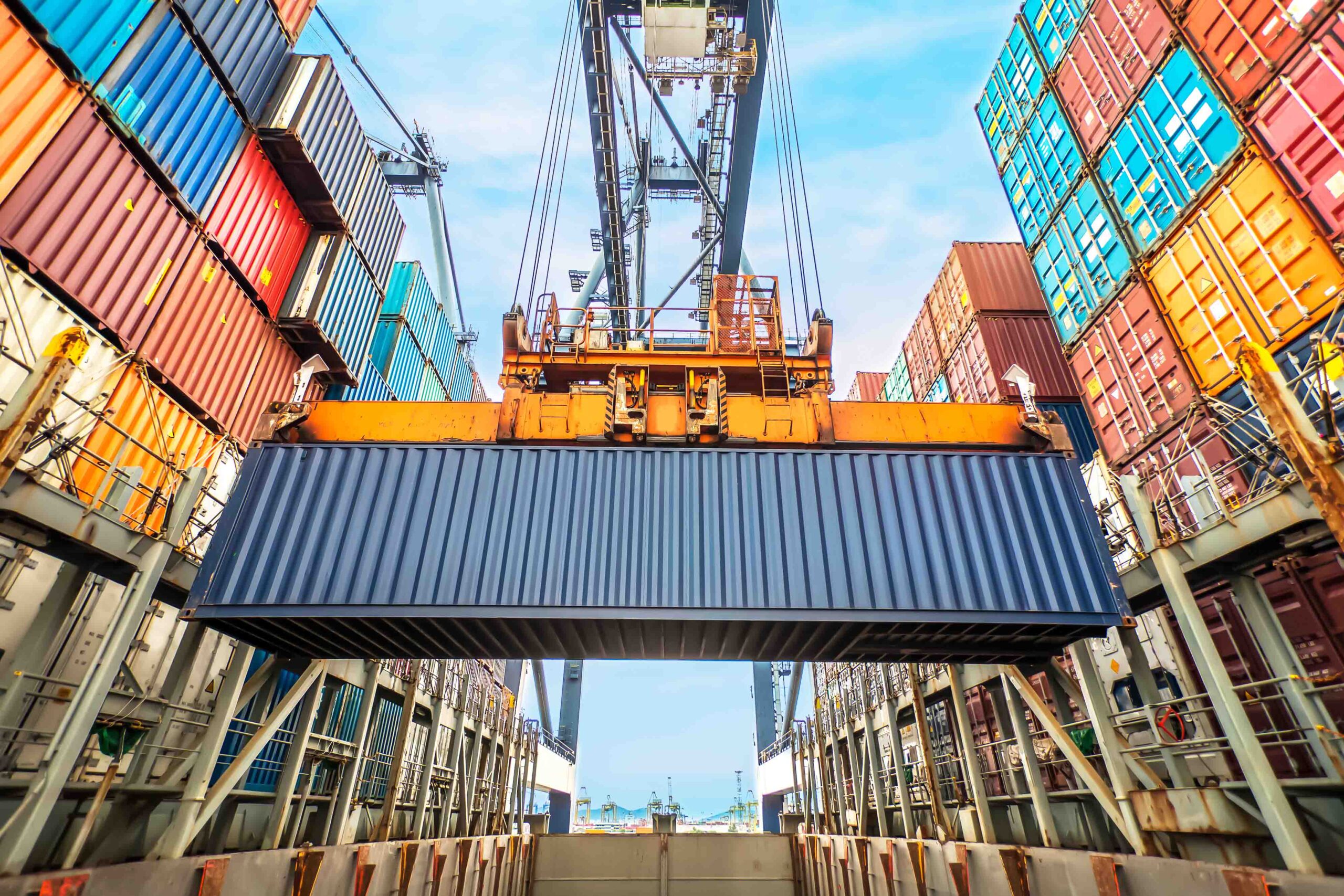
With rapidly advancing technology, the logistics sector is constantly renewing and developing. This rapid growth in the sector brings significant developments in areas such as transportation services, storage, and similar management services. Integrated Logistics, thanks to these developments, is making growth plans and aims to take much better steps in the sector.
Integrated Logistics stands out as a company aiming to provide its customers with the highest quality and most reliable services. The company closely follows innovations in the sector and values customer satisfaction, continuously renewing itself by adapting to rapidly changing market conditions. With its solutions in storage, transportation, and logistics, Integrated Logistics is always ready to act in the face of developments and changes.
What is Integrated Logistics?
Integrated logistics refers to a professional approach that involves identifying and meeting all logistical needs of a company in advance. The main goal of this approach is to increase efficiency and reduce costs by bringing together all the company's logistical needs. Thanks to integrated logistics, solutions are provided for operational needs such as supply chain management, storage, transportation, and distribution through strategic planning.
One of the most important features of integrated logistics is the identification of potential future logistical needs and the development of appropriate strategies to meet these needs. This minimizes disruptions in the company's operational processes and ensures customer satisfaction.
The integrated logistics approach helps companies gain a competitive advantage and manage operational processes more effectively. Therefore, developing and implementing integrated logistics strategies is of great importance for every company.

Generally, all steps are implemented as follows.
Warehouse Management Systems
Warehouse management systems play a significant role in the field of integrated logistics. These systems are one of the sub-branches of management and involve planning all operations within the warehouse. Covering short and long-term planning, these systems include details such as planning all items in the warehouse, preparing raw material stocks for production, and inventory management. Thanks to the work done in this area, businesses can manage warehouse processes more effectively and increase efficiency.
They are of great importance in today’s business world. Especially for companies operating in the logistics sector, these systems greatly facilitate warehouse management. These systems ensure the smooth operation of all processes inside the warehouse, providing significant advantages to businesses and increasing operational efficiency.
Curious? Read now: Handling (Elleçleme) What is?
Storage
Storage is considered a sub-branch of logistics management. This process involves securely storing various information related to the company or business within the warehouse. During storage, it is extremely important to store all items inside the warehouse safely and minimize storage costs. This is of great importance for the company's interests.
Stock management allows the company to efficiently organize its product and material inventory. Proper arrangements in the warehouse make it easier to place and find products, and make the storage process more efficient. Additionally, keeping storage costs low can increase the company's profit margin.
Ensuring the safe preservation of items during storage is critical for worker and material safety. This can prevent potential accidents and thefts.
Inventory Management
Inventory management is a comprehensive process that extends from a company's production units to retail sales points. In this process, the company's inventory information is collected accurately and used effectively. This allows the company to utilize its resources more efficiently. Inventory management provides important information such as how long the necessary materials for production can be supplied. By obtaining this information, the company can continue production continuously.
Transportation Management
Transportation management plays a major role in a company. Goods transfers are handled within the framework of supply chain management and are examined under transportation management. Agreements between companies can lead to higher profits. Necessary steps are taken in transportation management, and order entry management is automated. The route to be followed for the most efficient planning of shipments is determined.
Reverse Logistics
Reverse logistics has gained great importance with the increase in online product sales. The volume of product returns, collecting customer feedback, and all processes are examined in detail within the scope of reverse logistics.
Reverse logistics involves the process of retrieving goods from the place where they reach the consumer and returning them to the starting point. This process has become an important issue considering environmental impacts and costs.
Effective management of reverse logistics can increase the profitability of businesses and ensure customer satisfaction. Therefore, companies should focus on reverse logistics processes to gain a competitive advantage. When managed effectively, it can contribute both economically and environmentally to companies.
Interested? Read more: Reasons for Choosing Air Cargo


